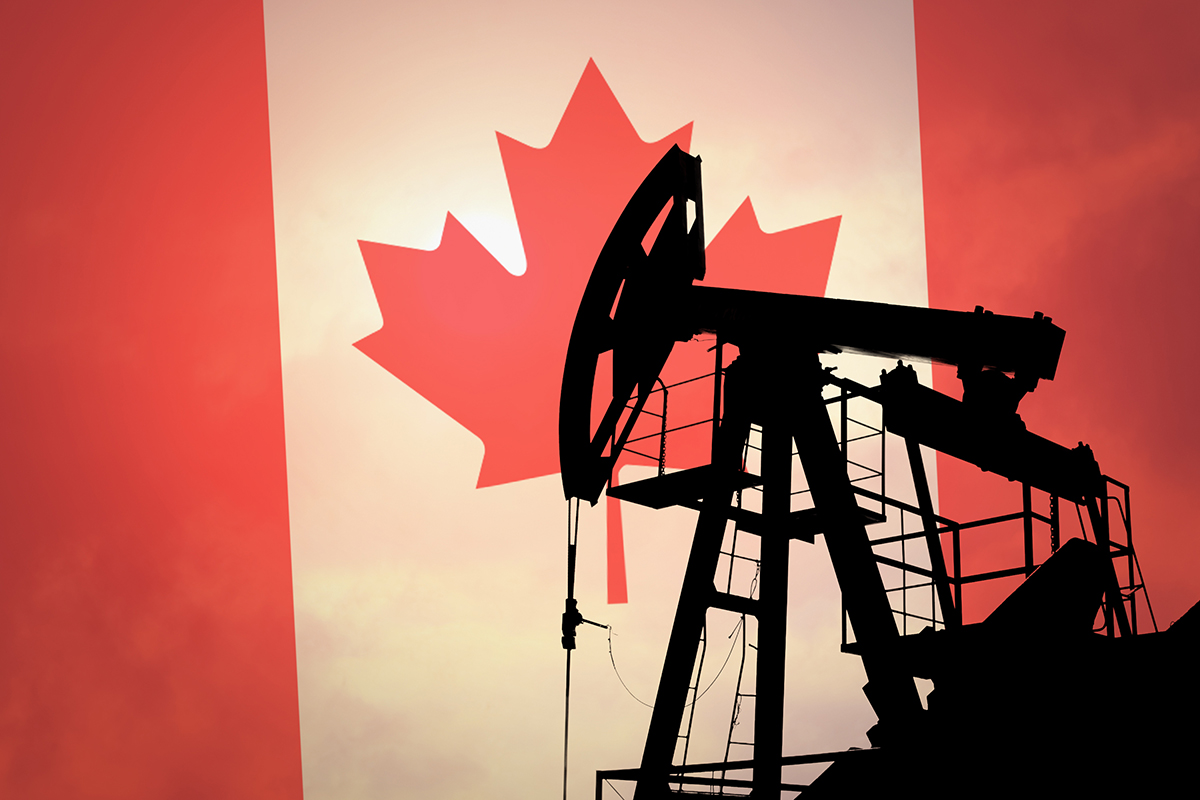Canada is grappling with the stark realities of its environmental commitments as it faces catastrophic wildfires that have incinerated an area larger than Florida. As a country prides itself on environmental stewardship, the ongoing destruction forces a national reckoning. The wildfires have sharply contrasted Canada’s ambitious climate change goals against its robust fossil fuel industry.
Julia Cardinal’s story symbolizes the personal losses that have rippled nationwide. Her cabin, a symbol of her family’s bond with nature and a lifetime of memories, was reduced to ashes in the recent blazes. “That was our dream home,” she mourned, highlighting the visceral impact of the fires on individuals and communities, particularly among the Athabasca Chipewyan First Nation.
Despite being a significant oil and gas producer, Canada has vowed to achieve net-zero emissions by mid-century. At international forums like COP27, it has promised aid to less affluent nations to combat climate change, all while fielding a substantial contingent of fossil fuel executives to these global discussions. These executives, including Enbridge’s Pete Sheffield, bring a narrative of technological advancement capable of mitigating the industry’s carbon footprint. However, this overlooks the downstream emissions from the end use of their products.
Alberta, the epicentre of Canada’s oil sands operations, witnesses the paradox firsthand. The province’s landscape bears the scars of intensive oil extraction, even as it battles wildfires that have forced production halts and poisoned the air with smoke. “This is to the point where you don’t even want to be outside,” lamented school teacher Brittnee McIsaac, whose community’s livelihood is deeply entwined with the oil industry.
In defiance of these environmental challenges, Canadian oil producers, like Cenovus, have no intention of reducing production, with plans to continue until at least 2070, well beyond the critical juncture identified by scientists for a transition to renewable energy.
Canada’s argument for its continued reliance on fossil fuels rests on its status as a stable democracy with stringent regulations. It’s a key supplier to the U.S., reinforcing North American energy security. However, this strategy is at odds with the dire warnings of climate scientists and the evaluation by Climate Action Tracker, which labels Canada’s climate progress as “highly insufficient.”
Canada’s Minister of Environment and Climate Change, Steven Guilbeault, concedes that meeting the nation’s climate targets is contingent on the energy sector’s transformation, including the scaling up of carbon capture technologies.
The narrative is complex and nuanced for families like the Cardinals, who have felt the sting of the wildfires yet owe their livelihoods to the oil sands industry. The challenge for Canada lies in reconciling these disparate elements of its national identity: a haven of natural beauty and biodiversity, a responsible global citizen in the climate fight, and a titan of the oil industry.
As the country faces this existential dilemma, its actions will not only shape the future of its citizens but also set a precedent for other nations struggling to balance economic realities with environmental imperatives.
Canada’s current predicament underscores a global struggle: transitioning to sustainable energy without destabilizing economies reliant on fossil fuels. The stories of the Cardinals and others like them embody the human dimension of this conflict, where livelihoods and legacies are caught in the crossfire. Canada’s path forward will be watched closely as a barometer for reconciling economic growth with environmental stewardship in the era of climate change.







